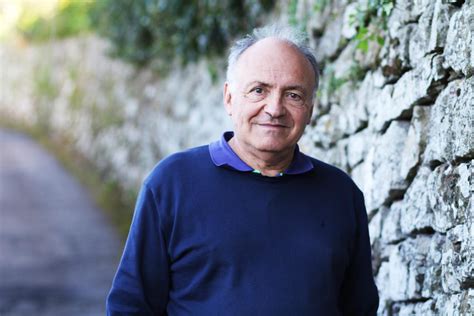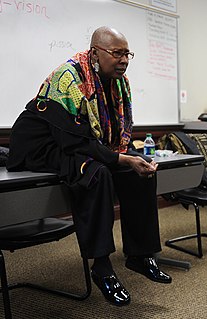A Quote by Piero Ferrucci
We are used to thinking in terms of what we can teach our children. Maybe we need to ask ourselves what we may learn from them.
Related Quotes
We need to remember to teach our children that solitude can be a much-to-be-desired condition. Not only is it acceptable to be alone; at times it is positively to be wished for.....In the silence we listen to ourselves. Then we ask questions of ourselves. We describe ourselves to ourselves, and in the quietude we may even hear the voice of God.
The world will teach our children if we do not, and children are capable of learning all the world will teach them at a very young age. What we want them to know five years from now needs to be part of our conversation with them today. Teach them in every circumstance; let every dilemma, every consequence, every trial that they may face provide an opportunity to teach them how to hold on to gospel truths.
I didn't want to teach my kid how to read, so I used to read to him at night and close the book at the most interesting part. He said, “What happened then, daddy?” I said, “If you learn to read, you can find out. I'm too tired to read. I'll read to you tomorrow.” So, he had a need to want to learn how to read. Don't teach children how to read. Don't teach them mathematics. Give them a reason to want it. In school, they're working ass-backwards.
We deprive our children, our charges, of persistence. What I am trying to say is that we need to fail, children need to fail, we need to feel sad, anxious and anguished. If we impulsively protect ourselves and our children, as the feel-good movement suggests, we deprive them of learning-persistence skills.
So long as we insist upon defining our identities only in terms of our work, so long as we try to blind ourselves to the needs of our children and harden our hearts against them, we will continue to feel torn, dissatisfied, and exhausted…. The guilt we feel for neglecting our children is a byproduct of our love for them. It keeps us from straying too far from them, for too long. Their cry should be more compelling than the call from the office.





































